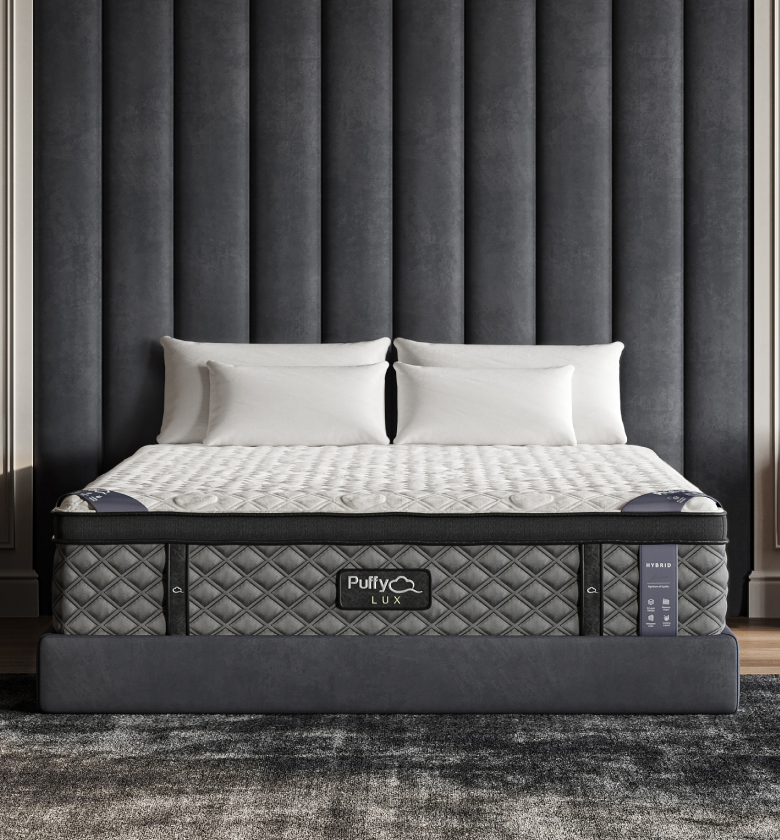Key Takeaways
- Behavioral Issues: Dogs may urinate on pillows due to anxiety, marking territory, or medical conditions.
- Medical Concerns: Various health issues can lead to inappropriate urination in dogs.
- Prevention Strategies: Proper training and environmental management can help prevent this behavior.
- Cleaning Solutions: Specific cleaning methods and products can effectively remove pet urine from pillows.
- Professional Help: Sometimes, veterinary or professional trainer intervention may be necessary.
Understanding why your furry friend has chosen your pillow as their preferred spot for urination can be frustrating and concerning. This behavior, while distressing, often has underlying causes that can be addressed with the right approach.
Let’s explore the reasons behind this behavior and find effective solutions to protect your bedding and help your pet.
Why Did My Dog Pee on My Pillow
Several factors can contribute to this unwanted behavior. Let’s examine the most common reasons:
- Anxiety and Stress: Dogs experiencing separation anxiety or general stress may urinate on their owner’s pillows because these items carry their owner’s scent. This behavior often serves as a self-soothing mechanism.
- Medical Issues: Urinary tract infections, diabetes, or kidney problems can lead to inappropriate urination. These conditions require immediate veterinary attention.
- Territory Marking: Some dogs, especially unneutered males, may mark their territory by urinating on prominent objects like pillows.
- Age-Related Issues: Senior dogs might experience incontinence or cognitive dysfunction, leading to inappropriate urination.
- Attention-Seeking Behavior: Dogs may urinate on pillows to get their owner’s attention, even if it’s negative attention.
Just as a Puffy Lux Mattress provides consistent comfort through its pressure-relieving layers, maintaining a consistent routine can help reduce anxiety-related urination in dogs.
How to Clean Dog Pee from Pillow
When accidents happen, quick and thorough cleaning is essential. Here’s a comprehensive guide:
- Immediate Action: Blot the area immediately with paper towels or clean cloth to absorb as much urine as possible. Avoid rubbing, as this can push the urine deeper into the fabric.
- Enzymatic Cleaners: Use pet-specific enzymatic cleaners that break down the proteins in urine, eliminating both stains and odors completely.
- Natural Solutions: A mixture of white vinegar and water can help neutralize odors, followed by baking soda to absorb remaining moisture.
- Deep Cleaning: Consider steam cleaning or professional cleaning services for severe cases.
Prevention and Training Tips
Implementing these strategies can help prevent future incidents:
- Consistent Schedule: Maintain a regular potty schedule for your dog, including frequent breaks, especially after meals and naps.
- Positive Reinforcement: Reward your dog for urinating in appropriate locations to reinforce good behavior.
- Environmental Management: Limit access to bedrooms or use protective covers on pillows when supervision isn’t possible.
- Veterinary Check-ups: Regular veterinary examinations can help catch potential medical issues early.
Understanding Your Dog’s Communication
Dogs communicate through various behaviors, and inappropriate urination might be one of them. Let’s explore the deeper aspects of this communication:
- Stress Signals: Watch for other signs of stress like excessive panting, pacing, or hiding. These often accompany inappropriate urination and indicate underlying anxiety.
- Social Changes: New family members, pets, or changes in household dynamics can trigger marking behaviors as dogs try to establish their place in the pack.
- Environmental Triggers: Construction noise, new furniture, or changes in your work schedule can create anxiety leading to inappropriate urination.
- Past Trauma: Rescue dogs or those with difficult histories may exhibit this behavior as a response to previous experiences.
Creating a Dog-Friendly Environment
Making your home more accommodating to your dog’s needs can significantly reduce unwanted behaviors:
- Comfortable Spaces: Provide your dog with their own designated sleeping area featuring comfortable bedding and familiar toys.
- Multiple Potty Areas: For homes with yards, create multiple designated bathroom spots to encourage appropriate elimination habits.
- Enrichment Activities: Offer mental stimulation through puzzle toys and interactive play to reduce stress-related behaviors.
- Safe Spaces: Create quiet retreat areas where your dog can go when feeling overwhelmed or anxious.
When to Seek Professional Help
Understanding when to consult experts is crucial:
- Veterinary Consultation: If you notice sudden changes in urination habits or suspect medical issues, consult your veterinarian immediately.
- Professional Training: A certified dog trainer can help address behavioral issues through specialized training programs.
- Animal Behaviorist: For complex cases, an animal behaviorist might provide insights into underlying psychological factors.
Similar to how the Puffy Cloud Mattress adapts to different sleeping positions, adapting your training approach to your dog’s specific needs can lead to better results.
Conclusion
While finding dog urine on your pillow can be distressing, understanding the root causes and implementing appropriate solutions can help resolve this issue. Remember that patience and consistency are key when addressing behavioral problems in pets.
With the right approach, including proper cleaning techniques, training methods, and professional help when needed, you can successfully manage and prevent this behavior.

- 8 layers of cloudlike luxury.
- Medium-plush feel.
- Gel-infused cooling.
- 101-night sleep trial.












